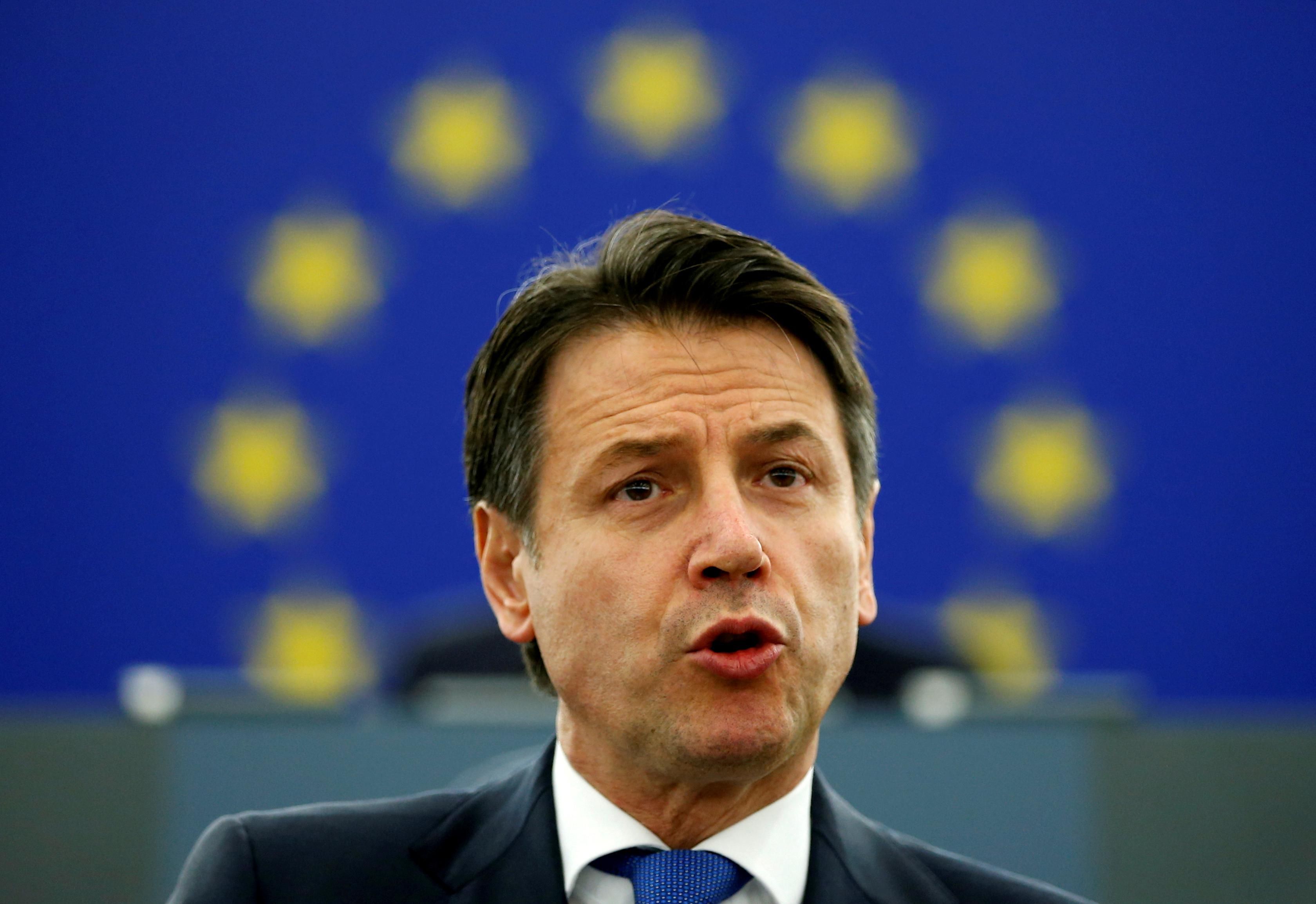News
January 13, 2021
2: Italy's fragile coalition government collapsed on Wednesday after a small center-left party headed by former prime minister Matteo Renzi withdrew its two ministers and pulled support over a dispute about how to spend EU coronavirus relief funds. Renzi wants to take more money from the European Stability Fund, but current Prime Minister Giuseppe Conte is reluctant to plunge Italy into further debt.
50.4: New clinical trials in Brazil show that the Chinese Sinovac vaccine is only 50.4 percent effective against COVID-19, lower than the 78 percent effectiveness reported a week ago by the Brazilian health authorities — and barely over the 50 percent threshold required for approval. Less effective drugs pose a major challenge to China's efforts to use vaccine diplomacy to build trust and relationships in the developing world.
57: Israeli air strikes in Syria killed a total 57 Syrian government soldiers and allied fighters on Wednesday morning, according to the Syrian Observatory for Human Rights. The raids were carried out with intelligence provided by the US, and targeted warehouses believed to store weapons provided by Iran.
300 million: The African Union has secured almost 300 million doses of coronavirus vaccines for the continent. The deal for the extra jabs — which will be purchased outside of the global COVAX facility — was announced as infections are rising in African nations such as South Africa, which closed its borders after detecting a new strain.More For You
Passengers enter a shared taxi in Dnipro, Ukraine, on January 8, 2026. Following a massive Russian drone attack on the energy infrastructure of Ukraine’s southern regions, most consumers in Dnipropetrovsk and Zaporizhzhia regions, including the regional capitals, were left without power.
Mykola Miakshykov/Ukrinform
Most Popular
- YouTube
Europe enters 2026 under mounting strain as it confronts external threats, internal political pressures, and a weakening relationship with the United States. In GZERO’s 2026 Top Risks livestream, Mujtaba Rahman, Managing Director for Europe at Eurasia Group, describes a continent that is “exhausted, fatigued, weak, and vulnerable.”
- YouTube
Plot twist #PUPPETREGIME
Italy's Prime Minister Giorgia Meloni speaks at the lower house of Parliament, ahead of a European Union leaders' summit, in Rome, Italy, December 17, 2025.
REUTERS/Remo Casilli
4: Italy has reformed its voting rules four times since 1993, and Prime Minister Giorgia Meloni is now considering a fifth change.
© 2025 GZERO Media. All Rights Reserved | A Eurasia Group media company.
